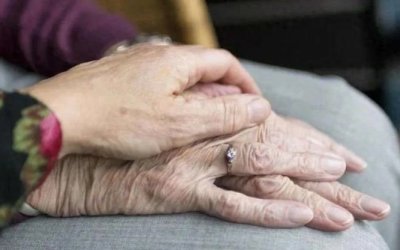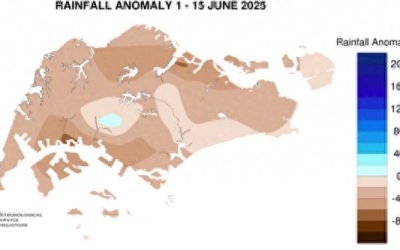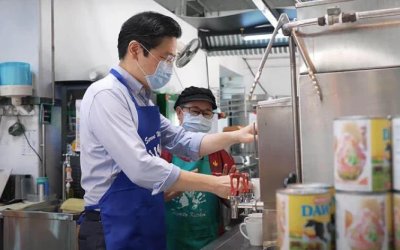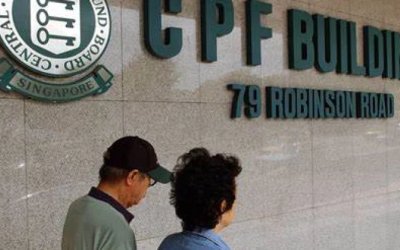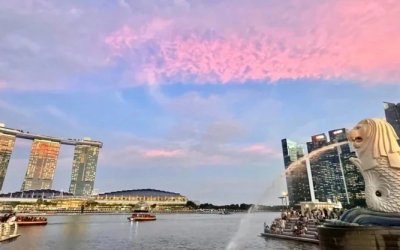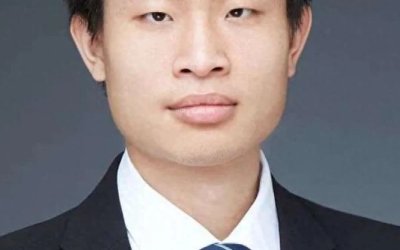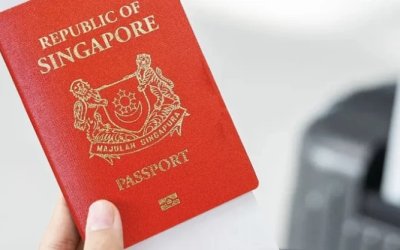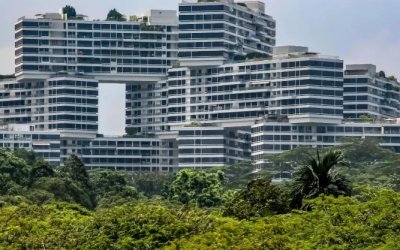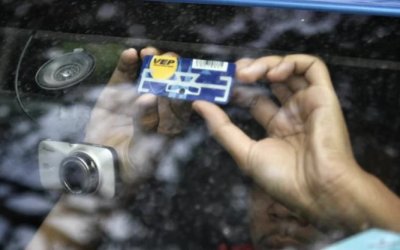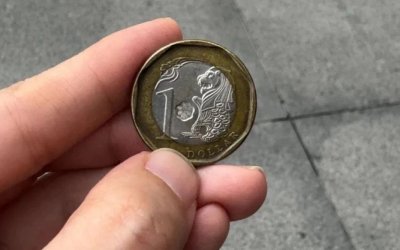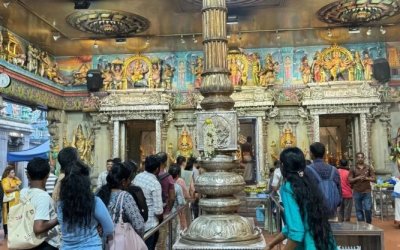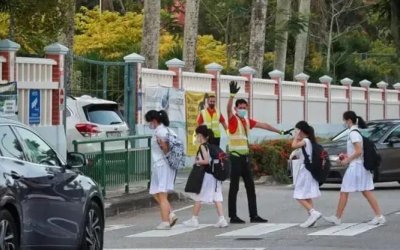How can we take our Community of Success to greater heights? I believe this lies in a continued spirit of Citizenry, where we support one another to create a brighter future for our community and for Singapore, which my colleagues and I will speak more about today.
I will first share three strategies to fortify our Community of Success: first, encouraging a culture of giving back to build strong community institutions; second, empowering confident religious and community leaders to face contemporary challenges; and third, exemplifying citizenry on the world stage. Chairman, in Malay, please.
(In Malay): First, we must continue to ensure strong foundations for our religious institutions. In turn, our religious institutions provide the moral foundation for our community to thrive in the economy.
Dr Syed Harun asked how MUIS can continue to support our community's future needs. MUIS established the WMS to generate a sustainable funding stream to support the future religious needs of the community, for the current and future generation. These include our mosques, developing our asatizah and other community programmes.
Mr Sharael Taha and Mr Zhulkarnain asked about the plans to build the corpus or principal fund for WMS. Under the Mosque Wakaf Investment Plan, mosques invest their reserves in Shariah Compliant Investment Products to generate better returns. Thus far, 14 mosques from District West have collectively invested more than $2.7 million. MUIS will expand this initiative to all mosques in other districts, so that they can grow their funds and amplify their impact on the community.
While the spirit of gotong-royong has been part of our community's DNA, we need to be more organised and focused in multiplying efforts to encourage our community to contribute for the long term. I would like to thank Mr Zhulkarnain for his suggestion on encouraging more to create and contribute to wakaf. We will work with the relevant agencies to study these proposals. To Mr Sharael Taha's and Mr Zhulkarnain's queries, MUIS has embarked on a series of public education initiatives to equip the community with financial planning knowledge and tools to plan for their personal and family needs. They can thus plan and contribute their excess income and wealth to WMS for the greater good, and reap perpetual rewards in the afterlife. God-willing.
Since last year, MUIS has received WMS pledges amounting over $3.6 million from individuals, besides the investment of mosques. I am heartened by the community's response so far and I encourage more to contribute or pledge to WMS.
Mr Faisal Manap asked about the MBMF. The MBMF provides for the development of all mosques including building upgrading and maintenance, where the allocation of funds are subject to each mosque's specific needs. For all new mosques, all land and building cost are funded by the MBMF. The MBMF also supports up to 75% of the approved cost for mosque upgrading.
I hope that contributions to WMS will help to foster a stronger culture of giving back within our community. Senior Minister of State Zaqy will elaborate on how we can empower our community through MENDAKI's initiatives, and with the success that we achieved, we can contribute more actively. Senior Parliamentary Secretary Rahayu will share ways we can leverage opportunities for contribution through M3 as a community that has become an educated and talented community.
Second, it is critical for our religious and community leaders to continue to have the knowledge, skills and experience, so that they are competent in guiding our community navigate the challenges ahead. This includes developing our madrasah students who will be our future community leaders, as Dr Syed Harun mentioned earlier.
As a matter of fact, in recent years, our asatizah have guided the community through difficult issues, such as the wearing of the tudung and the repeal of section 377A of the Penal Code.
Ms Nadia Samdin asked about our plans to empower our asatizah to guide the community through contemporary issues.
As a minority Muslim community, we face a different set of challenges compared to Muslim majority countries. In this regard, I agree with Dr Syed Harun that MUIS and our asatizah must provide clear leadership and guidance for our minority Muslim community living in such a contemporary context.
MUIS has taken concerted efforts to grow bodies of knowledge, and one recent initiative is the Fatwa in Contemporary Societies Conference held last month. Eminent religious scholars from here and around the world discussed the importance of the fatwa institution and asatizah in providing robust solutions in the face of complex contemporary challenges. Although Singapore is a small state with a minority Muslim community, internationally renowned Islamic institutions like Egypt's Darul Ifta' recognised our country's contributions in building bodies of religious knowledge. This help to facilitate minority Muslims around the world to thrive in their respective contexts.
In fact, it also nurtures active citizenry in the respective societies. This is in line with the words of wisdom by the Grand Mufti of Egypt at the Fatwa Conference that minority Muslim communities should exemplify the spirit of active citizenry.
To further drive the development of our religious leaders and contextualised bodies of knowledge, MUIS will convene the second edition of the International Conference on Communities of Success (ICCOS) this October. This Conference will focus on how citizenry and community leadership are underpinned by religious values, and add to the body of knowledge of how minority Muslim communities can thrive in plural societies.
At the same time, we must also raise the capabilities of our community leaders to offer effective support to families and the community.
Mr Fahmi Aliman asked about our efforts to strengthen the competencies of our Kadi, Naib Kadi and female asatizah on the Bersamamu programme. More than 90% of them have undergone training to better guide couples in conversations on financial preparedness for marriage. This helped them be more confident and empathetic in guiding couples. We will further develop their competencies in other areas, so that they can provide more effective support to couples.

